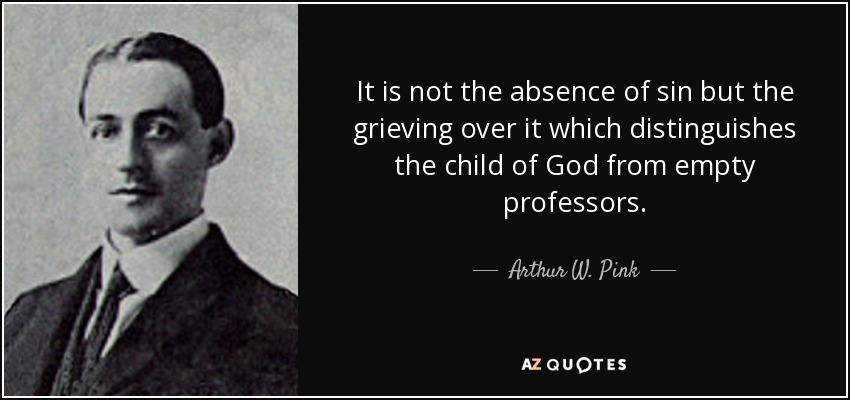Do true Christians continue to sin and/or do they still need to ask the Lord for forgiveness when they do? First John seems to say both "yes" and "no", so which is it??
For instance,
........1 John 3
........9 Whosoever is born of God doth not commit* sin; for his seed remaineth in him: and he cannot sin, because he is born of God.
........1 John 1:8-10
........8 If we say that we have no sin, we are deceiving ourselves and the truth is not in us.
........9 If we confess our sins, He is faithful and righteous to forgive us our sins and to cleanse us from all unrighteousness.
........10 If we say that we have not sinned, we make Him a liar and His word is not in us.
Some have attempted to say that 1 John 1 was written to unbelievers alone. But this incorrect understanding of the First Chapter is quickly resolved for us by the Apostle in Chapter 2 (which shows us that the Apostle wrote 1 John 1 to believers, not to unbelievers, and believers of every level of maturity in the faith (St. John includes himself in that group as well).
........1 John 2
........1 My little children, I am writing these things ~to you~ so that you may not sin. But if anyone does sin, we have an Advocate with
........the Father, Jesus Christ the righteous.
........2 He is the propitiation for our sins, and not for ours only but also for the sins of the whole world.
........3 And by this we know that we have come to know Him, if we keep His commandments.
........4 Whoever says “I know Him” but does not keep His commandments is a liar, and the truth is not in Him,
........5 but whoever keeps His word, in Him truly the love of God is perfected. By this we may know that we are in Him:
........6 whoever says he abides in Him ought to walk in the same way in which He walked.
........7 Beloved, I am writing you no new commandment, but an old commandment that you had from the beginning. The old commandment
........is the word that you have heard.
........8 At the same time, it is a new commandment that I am writing to you, which is true in Him and in you, because the darkness is passing away
........and the true light is already shining.
........9 Whoever says he is in the light and hates his brother is still in darkness.
........10 Whoever loves his brother abides in the light, and in him there is no cause for stumbling.
........11 But whoever hates his brother is in the darkness and walks in the darkness, and does not know where he is going, because the darkness
........has blinded his eyes.
................12 I am writing to you, little children,
................ because your sins are forgiven for His name’s sake.
................13 I am writing to you, fathers,
................because you know Him who is from the beginning.
................ I am writing to you, young men,
................because you have overcome the evil one.
................I write to you, children,
................ because you know the Father.
................14 I write to you, fathers,
................because you know Him who is from the beginning.
................I write to you, young men,
................because you are strong,
............... and the word of God abides in you,
................and you have overcome the evil one.
~Deut
p.s. - so Scripture helps us interpret Scripture, as does the Hebrew and Greek at times. For instance, here is a verb from 1 John 3:9 that helps us understand what God, through the pen of the Apostle, was actually trying to convey to us.
*ποιέω [poieo] "commit" - present, active, indicative, 3rd person, singular = commit and keep on committing sin - so ποιέω is best translated as, doth not "practice" or "continue in" their former sinful lifestyle. For the true Christian, sin is no longer the thing that characterizes our lives (IOW yes, we sin and then we repent/ask the Lord for forgiveness, but we do not make an impenitent "lifestyle" out of sinning any longer, or our "claim" of being a Christian should not be considered as anything more than that).

